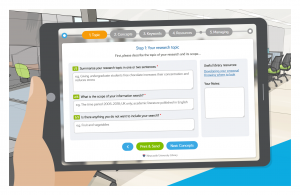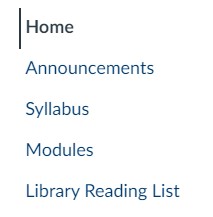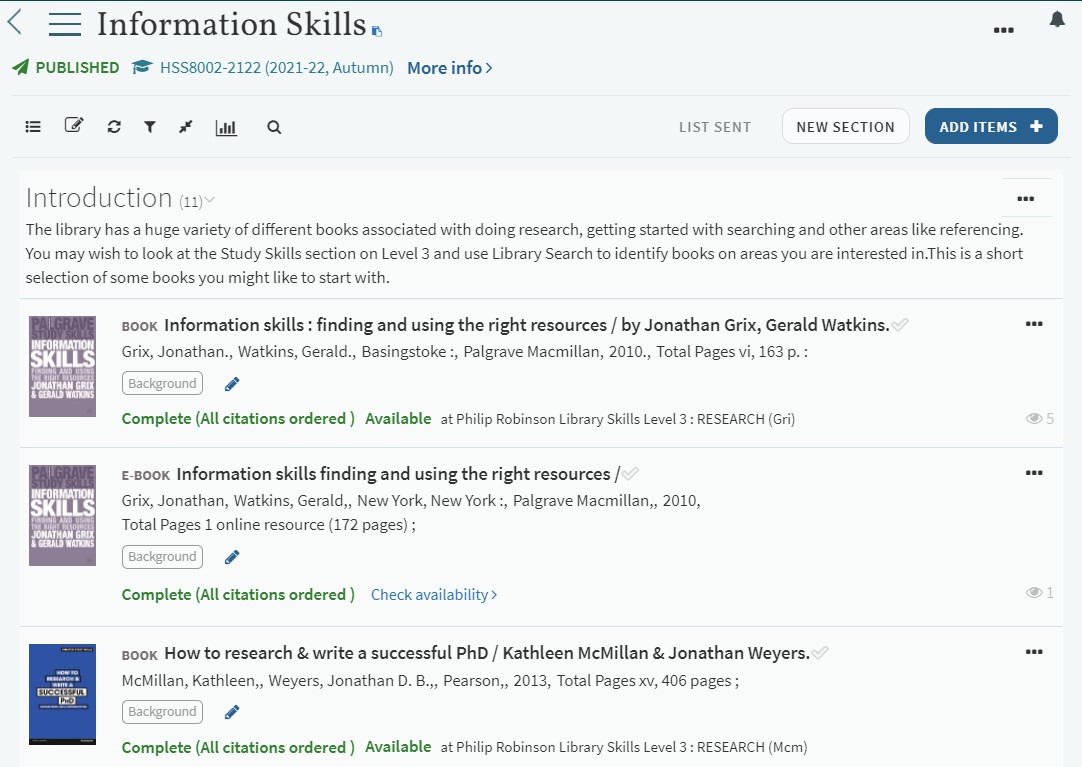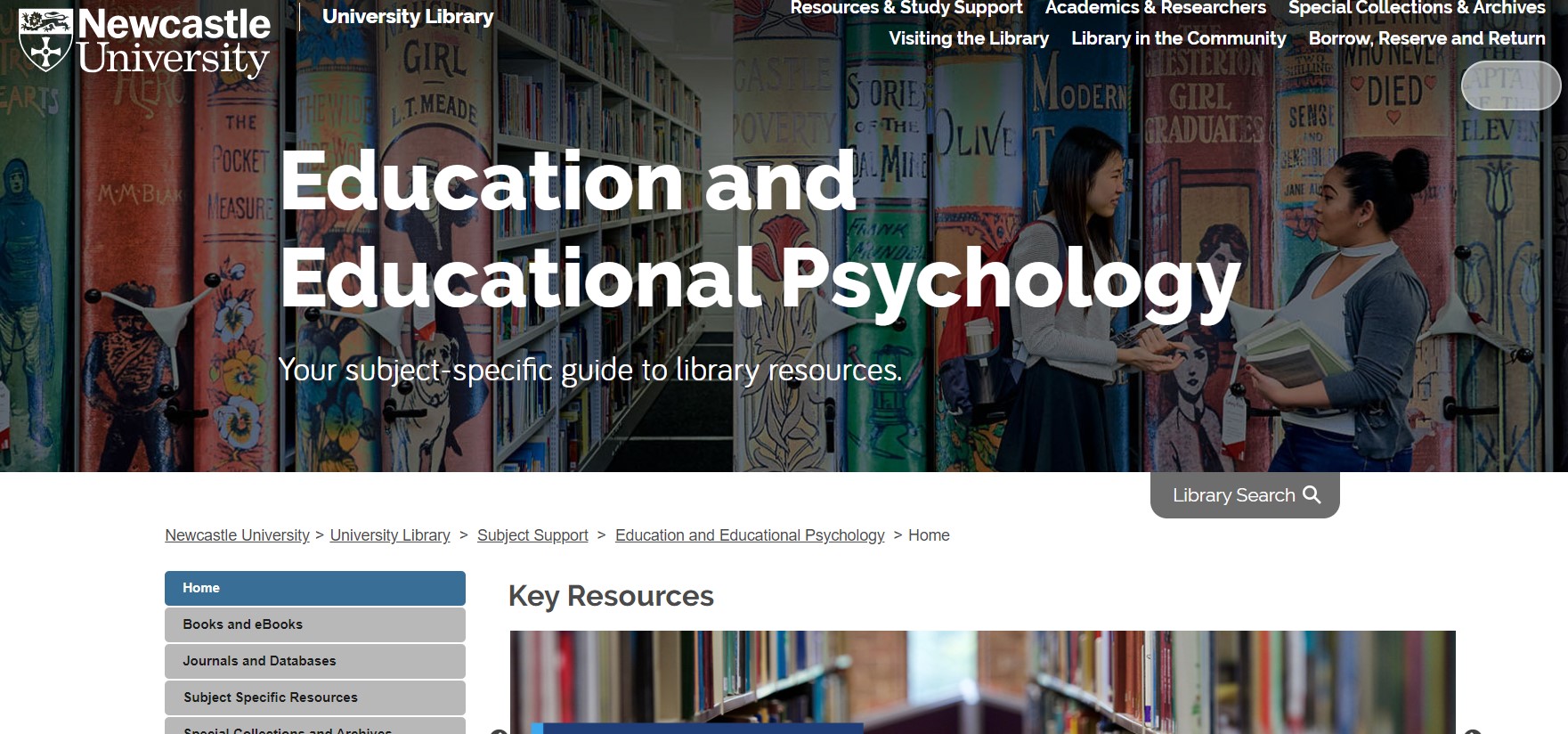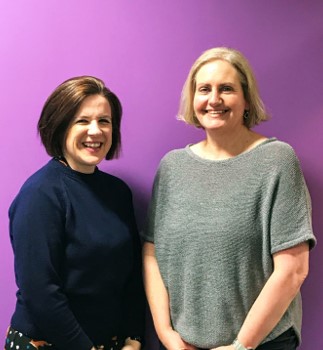We have a service called “Books on Time” for students. This allows you to tell us about the books you need for your studies. If we don’t have the books you need, simply complete the web form and we’ll see if we can buy them. For books we already have in stock, if they are out on loan please make a reservation/hold request using Library Search.
Further information about Books on Time
In Semester two, academic year 2017/2018 we bought the following items after requests from students in the Business School.
There were 50 requests from 24 students totaling £2808.13 (37% of requests from undergraduates, 37% from Postgraduate taught and 26% from Postgraduate Research)
| Title | Stock levels |
| International Economics | 4xlong |
| EU Securities and Financial Markets Regulation | 1xlong |
| Economics of Research and Development | 1xlong |
| A Philosophy for the Science of Well-being | 1xlong |
| How to Find Fulfilling Work | 1xlong |
| Service Automation: Robots and the Future of Work | 1xlong |
| The Fourth Industrial Revolution | 1xlong |
| Doing News Framing Analysis: Empirical and Theoretical Perspectives | 1xlong |
| Social Construction in Context | 1xlong |
| Reflexive Methodology: New Visits for Qualitative Research | 1xlong |
| Instructional Design for eLearning: Essential Guide for Designing Successful eLearning Courses | 1xlong |
| Elements of Programming Interviews : The Insider’s Guide | 1xlong |
| Reflexivity and Voice | 1xlong |
| Redefining Global Strategy: Crossing Borders in a World Where Differences Still Matter | 1xlong |
| Corporate governance : theory and practice | 1xlong |
| Research Handbook on Employee Turnover | 2xlong |
| International human resource management : a European perspective | 1xlong |
| All About the Music 2018 | 1xlong |
| All About the Music 2017 | 1xlong |
| BPI Music Market 2016 | 1xlong |
| BPI Music Market 2015 | 1xlong |
| BPI Yearbook 2014 | 1xlong |
| The Institutional Logics Perspective : A New Approach to Culture, Structure and Process | 1xlong |
| Philanthropy in America: A comprehensive historical encyclopaedia | 1xlong |
| Getting rich America’s new rich and how they got that way | 1xlong |
| Gospels of wealth How the rich portray their lives | 1xlong |
| Inequality: What can be done | 1xlong |
| Philanthropy in America: A history | 1xlong |
| Casebook for the foundation : a great American secret | 1xlong |
| Mellon: An American life | 1xlong |
| End of an Era: How China’s Authoritarian Revival is Undermining Its Rise | 1xlong |
| The nonprofit almanac: The essential facts and figures for managers, researchers, and volunteers | 1xlong |
| How to Price : A Guide to Pricing Techniques and Yield Management | 5xlong, 1xebook |
| IQ and the Wealth of Nations | 1xlong |
| Historical Foundations of Entrepreneurship Research | 1xlong |
| Rock Brands: Selling Sound in a Media Saturated Climate | 1xlong |
| Factor Investing: From Traditional to Alternative Risk Premia | 1xlong |
| The Cambridge Encyclopedia of the World’s Ancient Languages | 1xlong |
| Digital Food Activism | 1xlong |
| Global Opportunities for Entrepreneurial Growth: Coopetition and Knowledge Dynamics Within and Across Firms | 1xlong |
| Organizations: Structures, Processes and Outcomes | 1xlong |
| Giving well: The Ethics of Philanthropy | 1xlong |
| Alternative Food Networks : Knowledge, Practice and Politics | 1xlong |
| New Directions in the Sociology of Global Development (Research in Rural Sociology and Development) v.11 | 1xlong |
| The Oxford Handbook of Entrepreneurial Finance | 1xlong |
| Organizing Supply Chain Processes for Sustainable Innovation in the Agri-Food Industry. Volume 5 | 1xlong |
| The Oxford Handbook of the History of Consumption | 1xlong |
| The SAGE Handbook of Small Business and Entrepreneurship | 1xstc, 1xebook |
| Transnational Management: Text and Cases in Cross-Border Management | 10xlong,1xstc |
| Giving well: The Ethics of Philanthropy
on |
1xlong |

 Are you preparing a dissertation or project, or will be doing so soon?
Are you preparing a dissertation or project, or will be doing so soon?